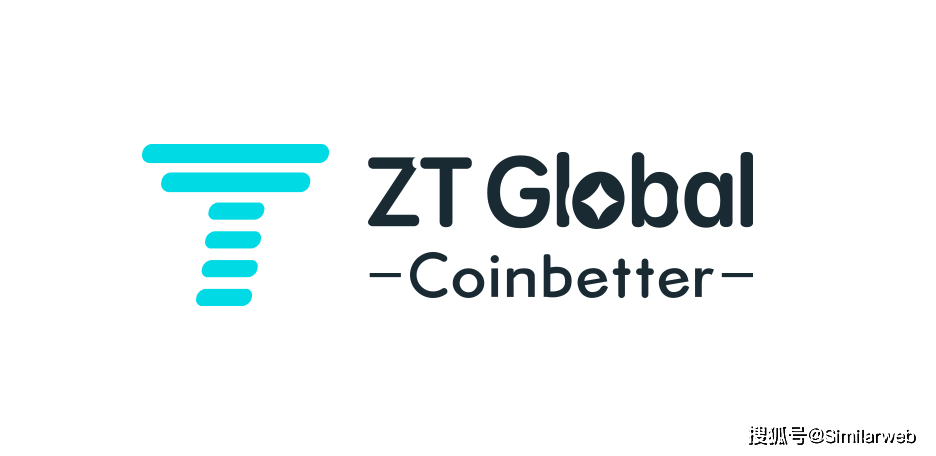Consolidation Loan: A Comprehensive Guide to Combining Your Debts into One Manageable Payment
Guide or Summary:What is a Consolidation Loan?How Does a Consolidation Loan Work?Benefits of a Consolidation LoanDisadvantages of a Consolidation LoanIn the……
Guide or Summary:
- What is a Consolidation Loan?
- How Does a Consolidation Loan Work?
- Benefits of a Consolidation Loan
- Disadvantages of a Consolidation Loan
In the modern world, managing personal finances has become increasingly complex, with many individuals grappling with multiple debts. These debts can range from credit card balances, personal loans, and student loans, to medical bills and other miscellaneous expenses. While it might seem overwhelming at first, there is a solution that can simplify this process: a consolidation loan. This article delves into the intricacies of a consolidation loan, offering a comprehensive guide on how to combine your debts into one manageable payment.
What is a Consolidation Loan?
A consolidation loan is a type of loan specifically designed to help individuals combine multiple debts into a single, more manageable payment. Essentially, you take out a new loan to pay off all your existing debts. The new loan typically has a lower interest rate than your existing debts, making it easier to pay off your debt over time.
How Does a Consolidation Loan Work?
The process of consolidating your debts through a consolidation loan is relatively straightforward. Here's a step-by-step guide to help you understand how it works:
1. **Assess Your Debt Situation**: Start by evaluating all your debts, including the interest rates and minimum payments. This will help you determine the total amount of debt you need to consolidate.
2. **Choose a Lender**: Once you have a clear picture of your debt situation, you can start looking for lenders that offer consolidation loans. Compare different lenders to find the one that offers the best interest rates and terms.
3. **Apply for the Loan**: After selecting a lender, you will need to apply for a consolidation loan. You will typically need to provide information about your income, employment, and existing debts.
4. **Receive the Loan Funds**: Once your application is approved, you will receive the loan funds, which you can then use to pay off your existing debts.
5. **Make Your Payments**: With your debts consolidated into one loan, you will only need to make one monthly payment. This can simplify your financial obligations and make it easier to manage your debt.
Benefits of a Consolidation Loan
There are several benefits to using a consolidation loan to manage your debt. Here are some of the most significant advantages:
1. **Lower Interest Rates**: Consolidation loans typically offer lower interest rates than your existing debts. This can result in significant savings over time and make it easier to pay off your debt.

2. **Simplified Payments**: By consolidating your debts into one loan, you will only need to make one monthly payment. This can simplify your financial obligations and make it easier to manage your debt.
3. **Improved Credit Score**: Consolidating your debts can also have a positive impact on your credit score. By paying off your debt more efficiently, you can improve your credit utilization ratio and overall creditworthiness.
4. **Flexibility**: Consolidation loans offer flexibility in terms of repayment periods and interest rates. This means you can choose a repayment plan that fits your financial situation and goals.
Disadvantages of a Consolidation Loan
While a consolidation loan offers many benefits, it's important to be aware of its potential drawbacks:
1. **Longer Repayment Terms**: Consolidation loans typically have longer repayment terms than your existing debts. This means you will be paying off your debt over a longer period, which can result in more interest charges.

2. **Late Fees and Penalties**: If you miss a payment on your consolidation loan, you may be subject to late fees and penalties. This can quickly add up and make it even more difficult to pay off your debt.
3. **Loss of Equity**: If you use a consolidation loan to pay off a secured debt, such as a mortgage or car loan, you may be at risk of losing equity if you default on the loan.
In conclusion, a consolidation loan can be an effective solution for managing multiple debts. By consolidating your debts into one manageable payment, you can enjoy lower interest rates, simplify your financial obligations, and improve your credit score. However, it's important to carefully consider the potential drawbacks and choose a consolidation loan that fits your financial situation and goals. With the right approach, a consolidation loan can be a valuable tool for achieving financial stability and freedom.
